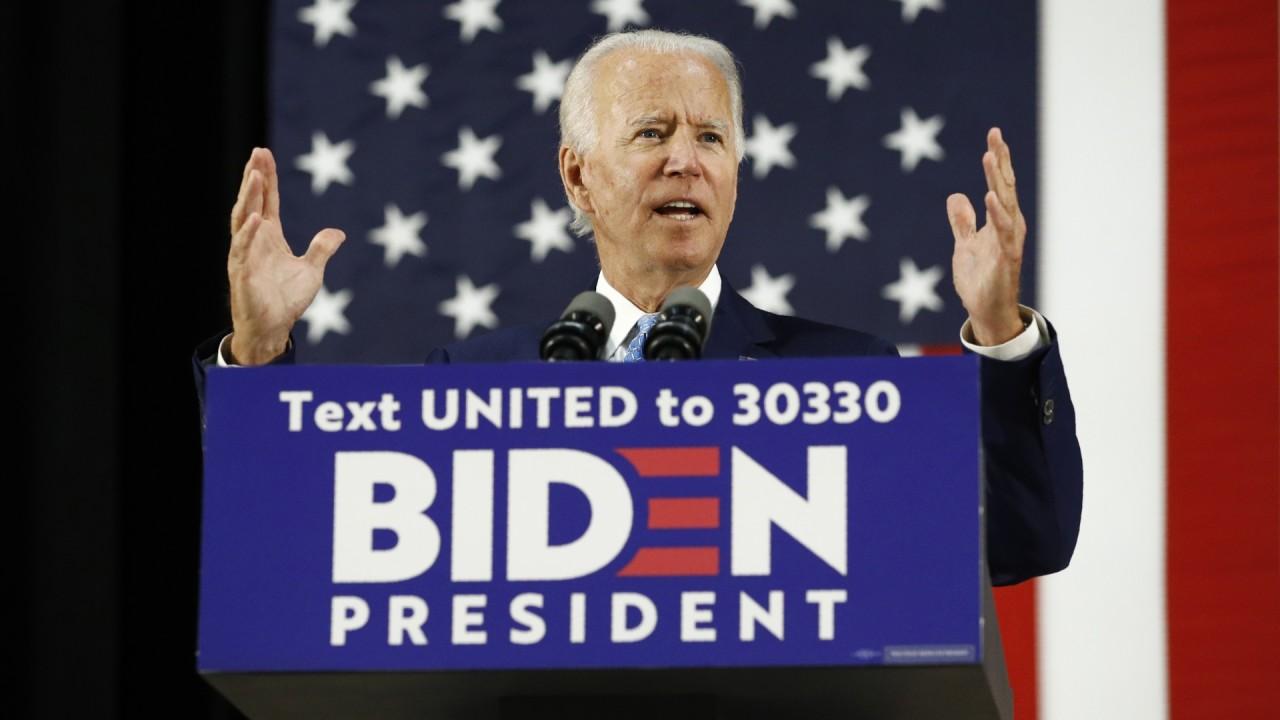Expiring coronavirus jobless benefits pose risk to recovery
Failure to extend jobless payments would be 'pretty big shock' to economy
An abrupt end to government support for consumers during the COVID-19 pandemic amounts to a "benefits cliff" that could threaten an economic recovery already taking shape.
Unemployed Americans who lost their jobs amid the COVID-19 pandemic have been receiving an extra $600 per week on top of the usual jobless benefits, a payment set to expire at the end of July while other assistance programs are scheduled to cease at the end of this year.
A failure by the government to renew those programs, or construct new ones, would snarl consumer spending, which accounts for about 70 percent of the U.S. economy.
“Buoyed by massive fiscal support, consumer spending through May has modestly outperformed expectations,” wrote Brett Ryan, senior U.S. economist at Deutsche Bank. “However, with virus growth rates ticking back up in about three-quarters of U.S. states and reopening of activity being rolled back, the outlook for second-half spending remains highly uncertain.
KEY STOCK INVESTORS SKEPTICAL DEMS CAN SWEEP ELECTION: GOLDMAN SACHS
Gross domestic product likely contracted by more than 30 percent during the three months through June as the unemployment rate reached a peak of 14.7 percent, the highest since the Great Depression, while non-essential businesses were ordered to close in order to slow the spread of COVID-19.
The economy already shrank 5 percent during the first quarter, which included the mid-March period when the shutdowns began.
Growth is expected to rebound sharply during the final six months of the year, however, with Bank of America forecasting the economy will expand by 20 percent and 6 percent, respectively, in the third and fourth quarters.
The failure to extend the supplemental job benefits program, which is being tapped by more than 32 million Americans, would be a “pretty big shock” to income and purchasing power, according to Michelle Meyer, chief U.S. economist at Bank of America.
“That would create a real challenge for consumer spending,” she said on a call with reporters on Wednesday.
The Trump administration is looking into further support for the economy, but would like to limit the size of the package to at most $1 trillion, amid Republican worries over the ballooning deficit, a senior administration official told FOX Business on Wednesday.
BIDEN BLUE WAVE TAX HIKES COULD BATTER STOCK MARKET, STRATEGISTS SAY
The deficit has swelled to $1.9 trillion during the first eight months of fiscal year 2020, with Congress having already passed three stimulus packages aimed at supporting the U.S. economy through the pandemic. The gap between what the government spends and what it receives this fiscal year is expected to reach a record $3.7 trillion, according to the Congressional Budget Office.
Against that backdrop, some Republicans have suggested the additional $600-per-week payment might keep people from returning to work because they are making more while unemployed.
“I wouldn’t say that any solution is perfect,” said Sri Kumar, president of the Santa Monica-based Sri Kumar Global Strategies. “The risk here is that the $600 benefit does not go to all the people who need it, who deserve it. So when the process ends, you're going to see once again the unemployment rate shoot up.”
Meyer expects the new stimulus package to total $1 trillion to $1.5 trillion and focus on expanding the unemployment insurance program, but not at $600 per week, while providing incentives for people who return to work. She also sees help for state and local governments that have had to cut spending, and therefore jobs, amid the pandemic.
CLICK HERE TO READ MORE ON FOX BUSINESS
“If we don't see employment insurance extended, I would imagine the August data will look weaker,” Meyer said. “The handoff into the fall will be a lot more challenging and that could show up in terms of weaker consumer spending, and certainly can show up as well in terms of weaker labor market data.”




















